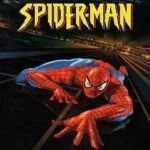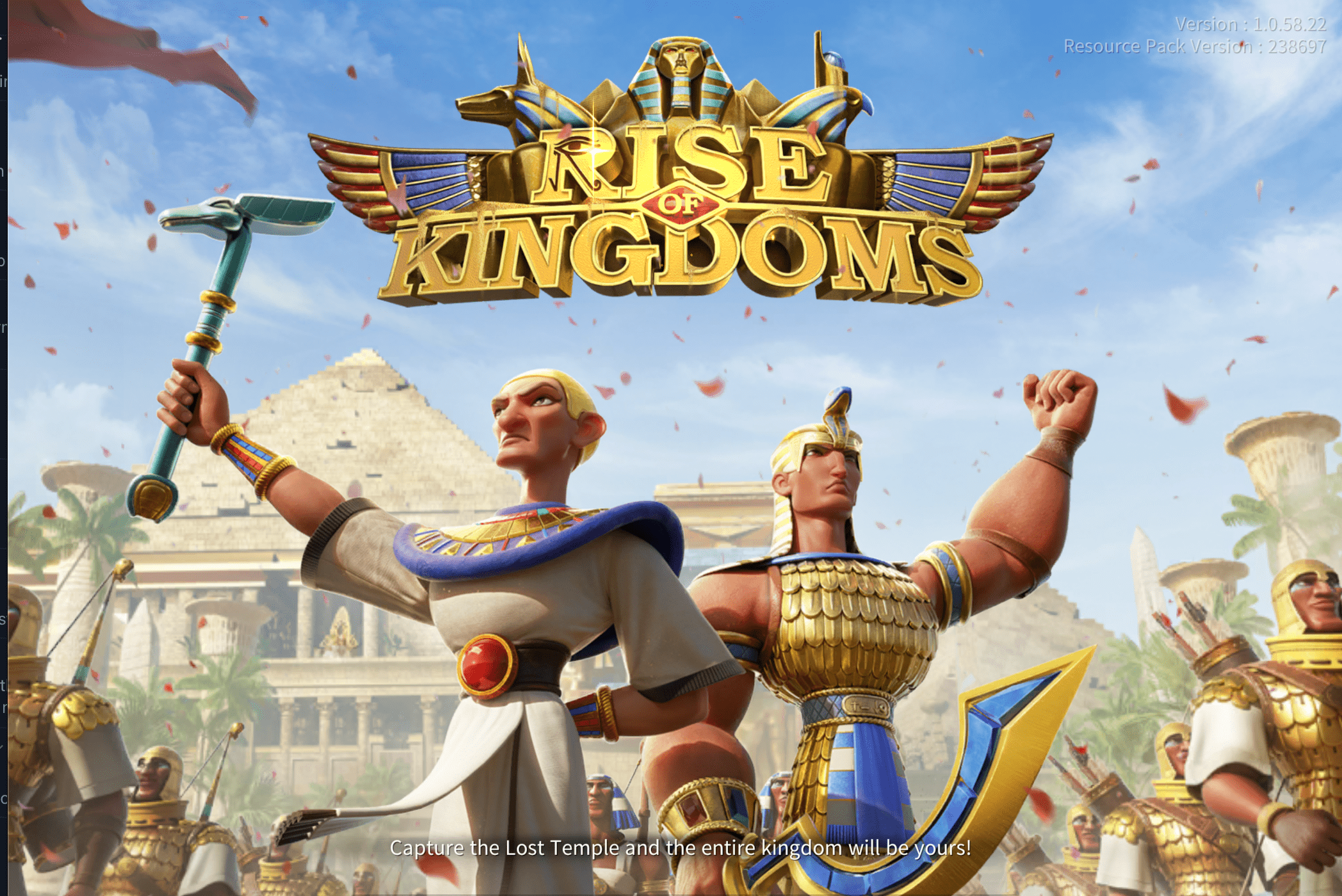The documentary “13th” examines the strong links between America’s criminal justice system and its historical association with slavery. Directed by Ava DuVernay, the film highlights the severe impact of mass incarceration and systemic racism on the country. The “13th Amendment” abolished slavery in the United States but included a loophole that has often led to discrimination against African Americans.

When you look more closely, the stories and details in “13th” show that there are big problems. What changes to the courts have made white dominance stronger at the cost of underrepresented groups? This shows how widespread racism and unfair treatment really are in our culture.
What the ’13th’ Documentary Focuses On
- While the 13th Amendment made slavery illegal, there was a way for people to be forced to work as a punishment for bad behavior.
- It is well known that America’s highest imprisonment rate has hurt African American communities more than other communities.
- This movie is about how the “prison industrial complex” got started and how it is linked to slavery and the law.
- The movie’s strong and moving look at racial unfairness comes from expert interviews, historical footage, and Ava DuVernay’s skilled direction.
- People who watch this Documentary are asked to think about how they and their institutions support or weaken racism that is built into society.
Getting the word out about how many people are in prison
Without a doubt, “13th” shows the harsh truth about people who are in jail in the United States. It says that our prison system is better than those in other countries. In 2014, the United States held a very small percentage of the world’s 2.4 million criminals. This story talks about ongoing issues in the criminal justice system that touch everyone.
Interesting facts that will blow your mind
’13th’ makes a big deal out of how unfair and harmful mass incarceration is for African American neighborhoods. Black Americans are overrepresented in bars; they make up about 40% of inmates even though they only make up 13% of the U.S. population as a whole. Individuals from the Black community are treated unfairly in the court system because of racism. This is shown by unfair sentences, biased police tactics, and the selective victimization of certain groups.
What this means for African American neighborhoods
“13th” looks at the many effects of the high number of African Americans in jail system. This area is hurt by the jail industrial complex, which is talked about in more detail in the book. The system’s ability to push these groups to the edges has kept the circle of racism and bad treatment going. This movie uses powerful stories and detailed history background to show how badly our criminal justice system needs to be changed right away. The goal is to deal with and stop the systemic racism and unfair treatment of different racial and ethnic groups.
Taking advantage of a weakness in the Thirteenth Amendment to make modern slavery easier
The 13th Amendment was meant to end slavery, but the movie “13th” shows a worrying flaw in the law. In one part of the book, forced work is talked about as a way to punish bad behaviour. This part of the Constitution has been used over time to keep up a system that is very much like slavery.
Because of this kind of abuse, Black people are jailed at a much higher rate than white people. The prison system we have now is just as unfair and harsh as the one that existed before the Civil War. Because of a hole in the Thirteenth Amendment, prisoners may be used for money purposes, which could violate their rights and respect.
People who are taking advantage of forced work.
It looks at how the 13th Amendment’s flaw affected African Americans in this movie. It’s clear that they made a choice to be locked up for a number of minor offences. In the same way that slavery kept going until the Civil War, this creates an unfair loop that makes more people end up in jail.
How slavery changed the prison system for a long time
The movie “13th” shows how slavery had a big effect on the American legal system. The movie shows that there was a system like slavery in place before the Civil War, with too many black people in jail and them being used for cheap labour. Black American families and communities still have to deal with racism and cruelty, which goes against the 13th Amendment’s original goal of ending slavery.
Making African Americans guilty of crimes
Through the lens of history, the documentary “13th” looks at how African Americans have been criminalised in the United States. This essay looks at where the problem came from, specifically the time after slavery ended, and shows how new laws were put in place to control people of African descended. During the 20th century, when programmes like the “war on crime” and the “war on drugs” mostly targeted African American neighbourhoods, this trend stayed the same.
The movie states that this targeting was done on purpose to support white dominance and control a large part of the American people. It’s amazing that Black people make up 40.2% of the prison population even though they only make up 6.5% of the population. This difference is especially clear when people are arrested for having weed on them. It shows that the law is being enforced in a way that is biassed because of race.
In addition, the documentary “13th” shows how lawmakers abuse their power, which makes it harder for Black people to get ahead and makes racial tensions worse in society. This text shows how private jails, which are motivated by making money, make these issues worse by keeping high rates of incarceration, especially among African Americans, for longer periods of time.
In the United States, the programme is mostly about the problems African Americans have in the criminal justice system. “13th” not only shows how deeply rooted racism is, but it also pushes for real change. It makes people want to have conversations and push for answers that fix the long-standing structural inequality.

| Statistic | Significance |
|---|---|
| Black people make up 6.5% of the U.S. population but represent 40.2% of the prison population. | This disproportionate incarceration rate highlights the systemic racial bias within the criminal justice system, with African Americans being far more likely to be criminalized and incarcerated than their white counterparts. |
| Despite similar rates of marijuana use, Black Americans are significantly more likely to get arrested for marijuana possession than white Americans. | This statistic underscores the selective enforcement of drug laws, which has led to the disproportionate targeting and criminalization of African American communities, even when the underlying behaviors are comparable across racial lines. |
| Incarceration increased significantly between 1970 and 2000 due to policies like “three strikes” and mandatory minimum sentencing for non-violent drug offenses. | These “tough on crime” policies, enacted by politicians like Bill Clinton, contributed to the escalation of mass incarceration, with a disproportionate impact on African American communities due to the systemic racial biases embedded within the criminal justice system. |
The Role of Private Prisons and Corporate Interests
The topic of mass incarceration in America is deep and concerning. The film “13th” takes a hard look at how private prisons and corporate ambitions drive this issue. It suggests that seeking profits has greatly expanded the prison system. Companies and other firms lobby for stricter laws and policing to maintain inmate numbers. They also ensure a source of low-cost labor.
The Profit Motive Behind Mass Incarceration
The story highlights how private prisons use money and political sway. They work to create laws that fill their facilities. The Corrections Corporation of America (CCA), for instance, influenced Arizona’s SB 1070. This law allowed police to question and hold people they believed to be illegal immigrants, swelling the prisons with new detainees.
Lobbying and Influence in the Criminal Justice System
Moreover, “13th” discusses how these interests influence the justice system. It mentions the American Legislative Exchange Council (ALEC). This group of politicians and businesses has helped push laws that increase the number of people in prison. For example, they supported Florida’s “Stand your Ground” law.
The documentary shows how private prisons and companies are deeply connected to the rise of mass incarceration. It points out how the drive for profit negatively affects certain groups, especially African Americans. This worsens the unfair treatment they already face in the legal process.

| Statistic | Value |
|---|---|
| Private prisons account for less than ten percent of the overall prison population in the United States. | Less than 10% |
| More than seventy percent of detainees in immigrant detention are held in privately run facilities. | More than 70% |
| The United States holds 25% of the world’s prisoners despite having only 5% of the world’s population. | 25% of world’s prisoners, 5% of world’s population |
| The prison population in the United States was 357,292 in 1970 and increased to 2,306,200 in 2014. | 357,292 (1970) to 2,306,200 (2014) |
| African-American men have a significantly higher percentage of lifetime likelihood of imprisonment, with one in three African-American males facing incarceration compared to one in 17 white males. | 1 in 3 African-American males, 1 in 17 white males |
The 13th Documentary: A Powerful Exploration
The documentary “13th,” helmed by Ava DuVernay, meticulously exposes the intricacies of racial injustice. It also delves into the daunting legacy of the U.S. criminal justice system. DuVernay’s expert touch amalgamates archival footage, expert insights, and key facts. These components form a rich and engaging study of this pressing matter.
Ava DuVernay’s Directorial Excellence
In “13th,” DuVernay’s impeccable filmmaking skills are on full display. She employs a mix of visuals and narrative architecture. This makes the film’s in-depth scrutinies digestible to a broad audience. Additionally, by incorporating viewpoints from varied activists, academics, and policymakers, she adds layers to the analysis. This fosters a deeper understanding of systemic racism and its roots in the criminal justice structure.
The Use of Archival Footage and Expert Interviews
“13th” capitalizes on utilizing archival visuals and insightful commentary from experts. The historical footage is adeptly woven in. It serves to set the stage for the continuous fight against racial disparity. Meanwhile, voices ranging from civil rights advocates to scholars offer a broader view. This strategy enlightens and encourages pivotal dialogue. It also spurs a much-needed push for substantial changes in the criminal justice sector.
FAQ
What is the “13th” documentary about?
The “13th” documentary dives into mass incarceration and systemic racism in the U.S. Directed by Ava DuVernay, it spotlights the 13th Amendment’s loophole. This loophole allowed the continuous oppression of African Americans. Such oppression was achieved through the criminal justice system.
What are the key statistics highlighted in the documentary?
It uncovers the U.S.’s top spot for the highest incarceration rate globally. By 2014, over 2.4 million people were in prison here. Shockingly, Black Americans, only 13% of the U.S. population, made up almost 40% of prisoners. This disparity shows a significant issue.
How has the 13th Amendment’s loophole been used to perpetuate the oppression of African Americans?
The 13th Amendment’s clause has been twisted to keep African Americans down. It allows slavery as punishment for a crime. Throughout history, this clause has led to the over-incarceration of Black individuals. This practice effectively reintroduced a form of slavery, targeting African Americans more than any other group.
How has the criminalization of African Americans been a deliberate strategy to maintain white supremacy?
After slavery ended, new laws were crafted to arrest and imprison Black individuals. This trend continued into the 20th century. Initiatives like the “war on crime” and the “war on drugs” specifically targeted African American communities. Their purpose was to uphold white supremacy and disenfranchise many.
What is the role of private prisons and corporate interests in the perpetuation of mass incarceration?
The film suggests a profit motive propels the prison system’s growth through private prisons and corporations. They push for tougher laws and increased policing. Their aim is to maintain a full prison capacity and access cheap labor. These efforts have significantly influenced policies, worsening the racial imbalance in prisons.
What makes the “13th” documentary a powerful and impactful work?
Ava DuVernay’s masterful direction is central to the documentary’s acclaim. She combines historical footage, expert insights, and current data. This blend offers an in-depth look at the roots and the present-day ramifications of racial bias in the justice system. Critically, it engages with diverse viewpoints, making it understandable and impactful. The documentary sparks essential discussions and demands urgent changes in the criminal justice approach.




























